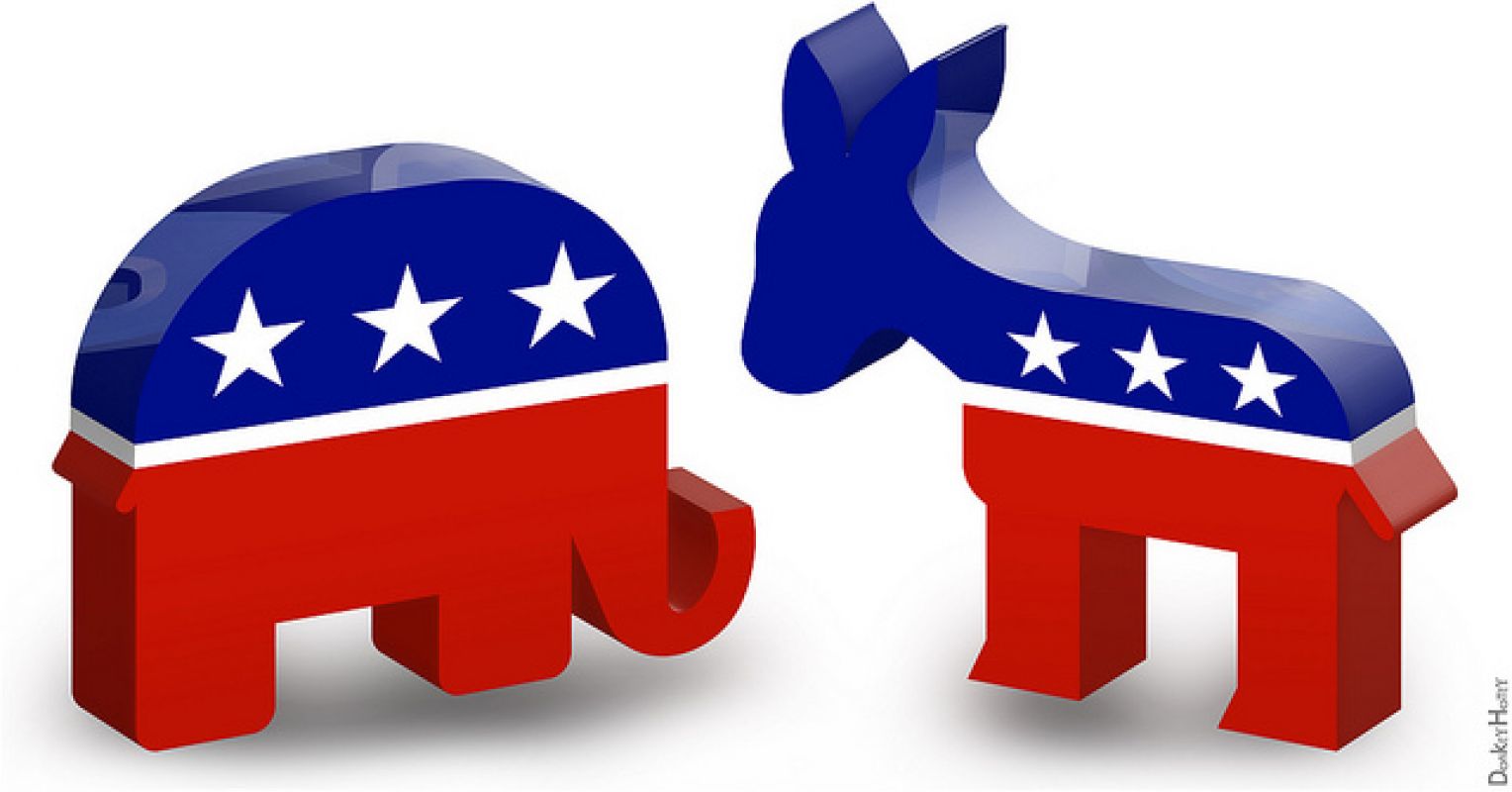Understanding the Psychological Divide: Liberals vs Conservatives
Why Liberals and Conservatives Think So Differently 🔗

The article examines the psychological differences between liberals and conservatives, particularly how perceptions of threat and uncertainty influence political ideology. Research by psychologist John T. Jost suggests that conservatives tend to view the world as dangerous, leading them to prefer stability and order, while liberals generally perceive a safer and more cooperative society. Experiments indicate that exposure to threats can shift liberal individuals toward conservative thinking, highlighting that political ideologies may be more flexible than previously thought. Understanding these psychological underpinnings could facilitate better dialogue between differing political viewpoints.
What is the uncertainty-threat model?
The uncertainty-threat model posits that ideological differences between liberals and conservatives are rooted in psychological factors, with conservatives feeling a greater need for order and stability in the face of perceived threats.
How do threats affect political thinking?
Research shows that when individuals face threats, liberals can become more conservative in their viewpoints, indicating that political ideologies can change based on psychological responses to perceived danger.
What implications does this research have?
This research suggests that recognizing the role of threat sensitivity in political beliefs could help bridge understanding between liberals and conservatives, potentially enhancing discussions on divisive issues like economic inequality and social rights.